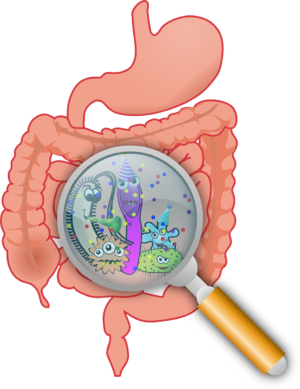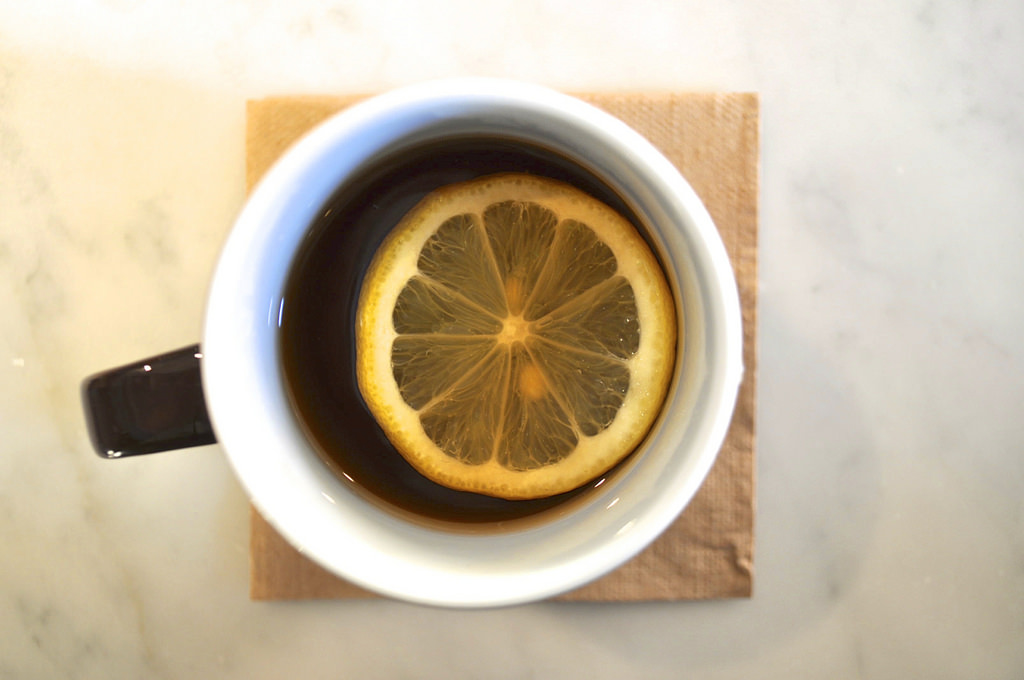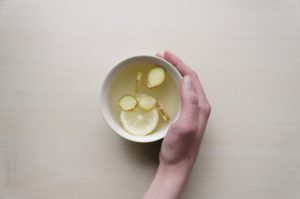
The first type is the person who falls asleep when his head hits the pillow; he sleeps deeply and dreams in color; then he wakes up refreshed and energized, ready to start the day!
Which type are you?
Insomnia is the worst.
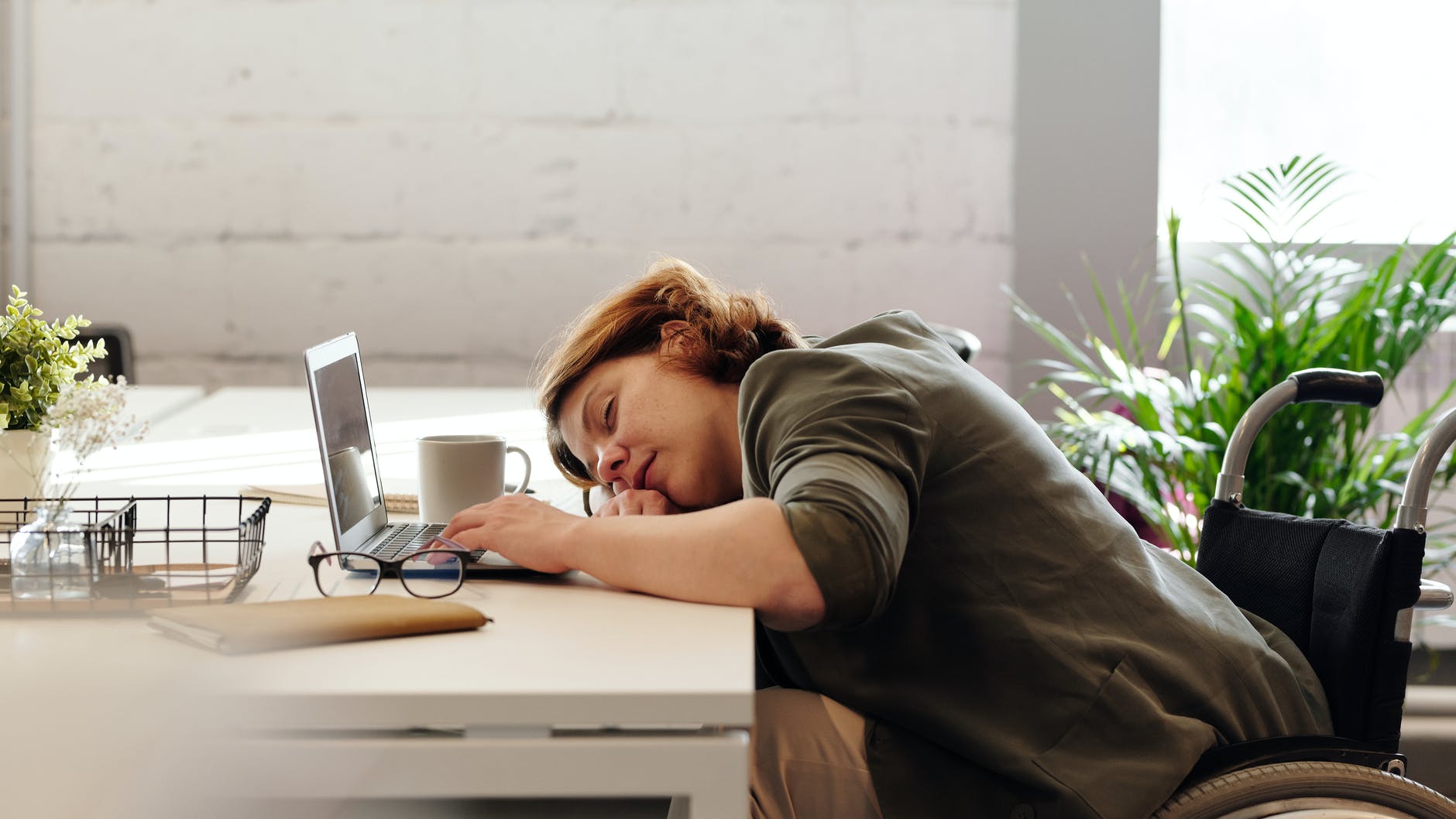
People cope with sleeping problems in different ways, from bedtime rituals to pharmaceuticals or supplements. But what is the root, and how do we fix it?
When we turn to meds
 Some people take an over-the-counter aid like diphenhydramine (common brand name Benadryl®) or another multi-use drug like Tylenol PM® every night.
Some people take an over-the-counter aid like diphenhydramine (common brand name Benadryl®) or another multi-use drug like Tylenol PM® every night.Tylenol® is Not Our Friend
I have a friend who popped Tylenol PM® every night just to fall asleep. The problem here is that she was taking multiple medications for one issue, and each med has its own side effects.
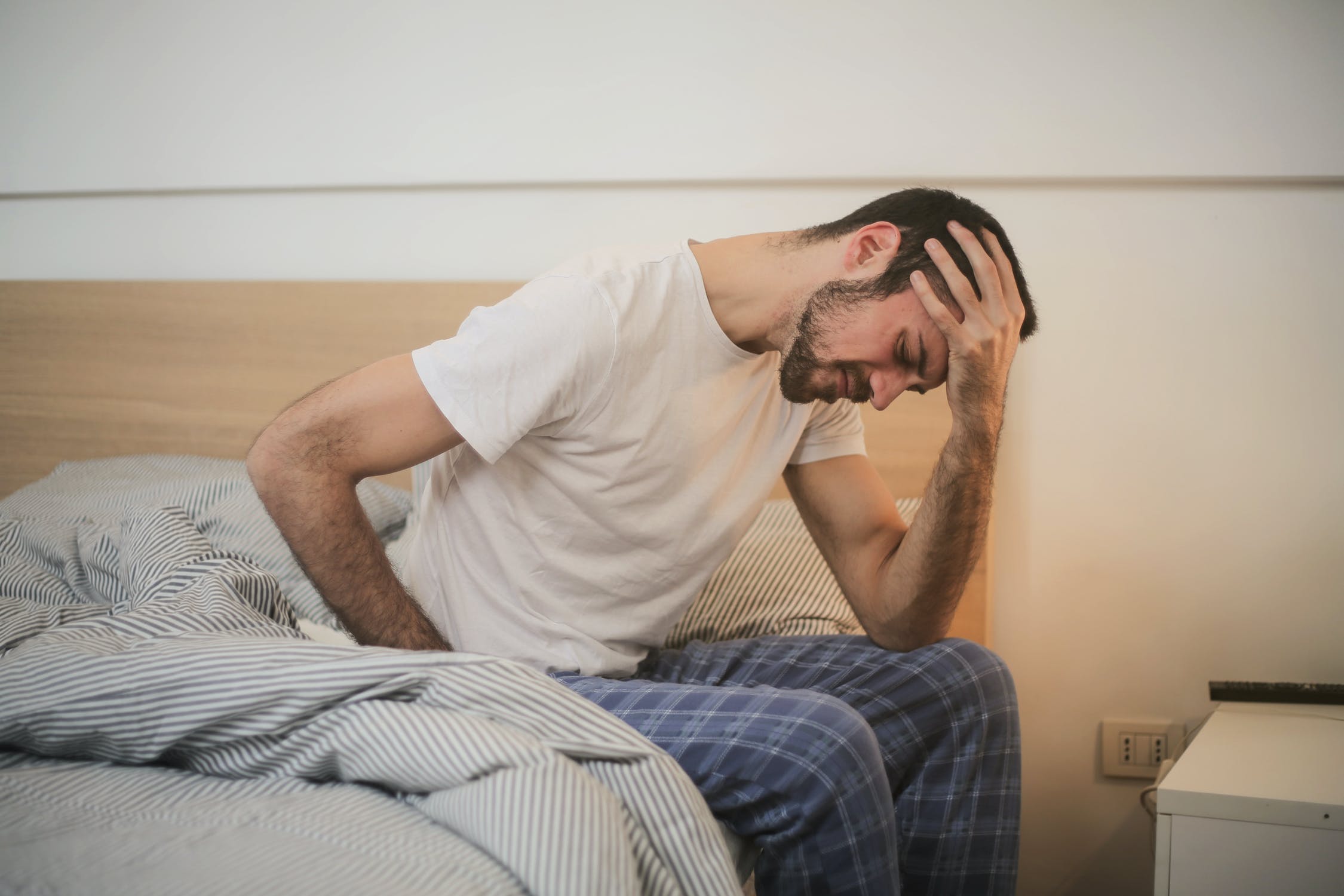

I don’t want to talk about every different form of medication and the risks but suffice it to say meds are not the answer to your sleep problems. Fortunately there are plenty of natural ways to re-set the sleep cycle and get yourself dreaming again in no time.
(To increase glutathione in your body… which we all need… check out this whole food based multi that is bioavailable (no synthetics!), fully methylated and has been shown to increase the body’s production of glutathione! Available in both adult and kids versions!)
Supplementation

Melatonin is a hormone our bodies convert from serotonin, a neurotransmitter produced in our digestive tracts.
So what is the best way to fix this problem?
-
Go to sleep earlier
What time do you typically go to sleep? Many Americans tend to burn the midnight oil, finally shutting down for the night at midnight or even later.
Did you know our hormones are refreshed in our brain’s frontal lobe between the hours of 11pm-1am? If you are not in deep sleep during that time you will miss it (either partially or completely)! And hormones are important–they drive almost every function in our bodies. We should be in deep sleep during that entire window, which means the latest we should fall asleep is about 10:30.
Think that is impossible? Try these next tips and start turning in earlier to create new patterns. The more we go to sleep and wake up earlier, the more our bodies adapt to that routine.
-
Relax before bedtime.
Never downplay the importance of routines: our bodies thrive on routines.
For example, most of us get hungry at the same times every day. We tend to do things in a predictable way, and our bodies thrive on that routine.
It is the same for sleep. Our bodies have rhythms and when we are not predictable in our routines before sleeping, including what time we sleep and what we do, our bodies may not recognize that it’s time to wind down.
Some bedtime rituals may include:
- Taking a bath
- Reading
- Listening to relaxing music
- Drinking hot tea
The bottom line is if you do the same type of relaxing activities every night when you are ready to sleep (especially if you go to sleep around the same time every night), your body will get the hint and falling (and staying) asleep will be much easier.
3 Re-Set your Circadian Rhythms
If your internal clock just seems to be “off…” you may need to balance your body’s circadian rhythm.
From pulling all-nighters in college and partying with friends in the wee hours of the morning, to staying up looking at our devices late at night, our body’s sleep cycle can get disrupted and it can be difficult to rebalance.

4 Turn Off the Wi-Fi
This may have never crossed your mind, but Wi-Fi disrupts sleep.
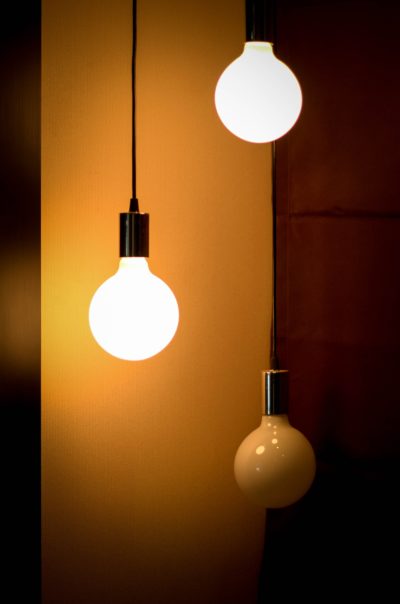 We can’t control our neighbors or anyone else, but we can control the closest source of Wi-Fi in our lives: our Wi-Fi routers!
We can’t control our neighbors or anyone else, but we can control the closest source of Wi-Fi in our lives: our Wi-Fi routers!
Some companies allow you to set a time that it goes off each night (or create a schedule) so if you are able to do that, try it!
Personally, I just have my router plugged into a power strip with an on/off button, and I just flip it off before bed every night. Easy peasy!
If someone needs to stay up a little later (like my teenaged son) they know to turn it off when they are ready to go to bed… and the few times it hasn’t been turned off I could tell because I didn’t sleep as well. It really does make a difference–try it!
5 Turn off Devices
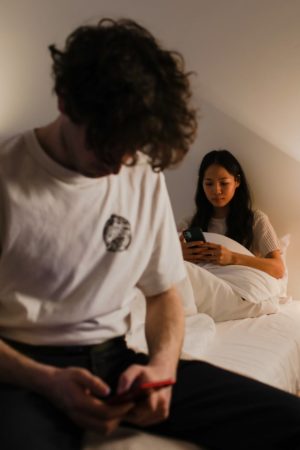 Did you know that blue light from screens (computer, phone, tablet or other devices) hinders the production of melatonin by our brains? The “blue light” from electronics or fluorescent lighting confuses the brain because blue light is usually available via sunlight in the daytime.
Did you know that blue light from screens (computer, phone, tablet or other devices) hinders the production of melatonin by our brains? The “blue light” from electronics or fluorescent lighting confuses the brain because blue light is usually available via sunlight in the daytime.
Turning off all fluorescent lights and devices an hour before bedtime can help our brains recognize it’s night time and start producing that super antioxidant hormone melatonin that makes us sleepy.
If you must sometimes look at screens close to bedtime, try getting blue-light blocking glasses. This will allow you to look at the screens and block the blue light that disrupts sleep, so they are a good idea to have on hand when you need them. Win-win, right?
6 Get Moving Outside!
We all know we should exercise more, and often that means hours at the gym. But why not make it more fun and accomplish several things at the same time!
Get outside for a walk, a hike, or a bike ride and you will breathe in fresh air, take in beautiful views, increase endorphins and wear yourself out from the exercise, and absorb sunshine that will help with melatonin production later and increase your body’s production of Vitamin D!
Just as important as decreasing blue light at nighttime before bed is increasing your exposure to sunlight during waking hours!
7 Get Magnesium
Most Americans are deficient in magnesium. Whether it’s from our stress-filled lives and non-stop activities or a less-than-perfect diet, we begin to feel the effects when we just can’t wind down at the end of the day.
Seems like an easy fix, right? Just grab a supplement.
Not so fast.
There are almost a dozen different types of magnesium and some are absorbed better than others (and others are absorbed better by different people… which gets confusing).
if you take too much magnesium you can get some digestive issues, like diarrhea, which is no fun. And you may still not get as much as you need. So what’s the best sure-fire way to get magnesium?
Magnesium is best absorbed transdermally (through the skin) so the easiest, best way to increase your magnesium intake is by applying it topically.

My favorite, inexpensive way to apply magnesium is doing regular epsom salt baths. Not only do you fill up on magnesium, baths are relaxing by their nature, and are a great part of a nightly routine. And epsom salt is cheap!
Another great way to get magnesium is with magnesium oil. It comes in a spray and you can spray it right on your skin, or you can get a magnesium butter (lotion) that incorporates magnesium oil and moisturizes skin at the same time. You can even make your own magnesium oil with water and magnesium flakes.
8 Kill Parasites
You may be thinking “Ew.”
It’s not fun to think about, but unfortunately every human has parasites. A parasite is any organism in our bodies that steals our nutrition and releases toxins into our bodies.
We should all be doing regular parasite cleanses, and since parasites are most active at night they can disrupt our sleep and give us bad dreams!
Read this for more information on parasites and how to get rid of them.
9 Increase Serotonin (and Melatonin) Production in Your Body
If you have sleep issues and you also have digestive complaints, it is likely you have a gut imbalance that is causing both problems. This is actually great news because you can address both at the same time! Serotonin production primarily happens in the gut microbiome… if you are low in serotonin you may also experience symptoms like depression and anxiety, panic attacks, high levels of stress that you struggle to deal with, impatience, or other mood issues.
 The good news is that by healing your gut with the right balance of good bacteria, your body can again begin to produce the right amounts of serotonin, and these issues can begin to resolve themselves one by one!
The good news is that by healing your gut with the right balance of good bacteria, your body can again begin to produce the right amounts of serotonin, and these issues can begin to resolve themselves one by one!10 Balance Your Hormones
Over half of Americans have a hormonal imbalance… and as you may know, hormones affect everything, including sleep!
We’ve all heard of hormones but what exactly are they?
According to Cleveland Clinic, hormones are are signals that tell your body what to do and when to do it. Hormones are essential for life and your health.
Our hormones affect every part of our lives. From what mood we’re in, to libido and fertility, to energy we have during the day, how we digest food and store it as fat or use it as energy, to how well we sleep at night and even how affectionate we feel towards our families!
Hormones have a very intimate connection to sleep, because our hormones are produced, regulated, and balanced while we sleep.
A doctor told me that our brain’s frontal lobe refreshes our hormones every night between 11pm-1am. And if we aren’t already in deep REM sleep when that begins, we miss out on that hormonal regulation for the day.
No wonder we can feel off balance when we don’t get enough sleep or go to bed too late!
Additionally, as we age our hormone levels naturally decrease. Women are particularly prone to hormonal imbalance because of monthly fluctuations, pregnancy and childbirth, past birth control use, hormone disrupters in our food, environmental pollutants, medications and other factors.

Hormonal imbalance can lead to:
- weight gain or weight loss
- poor sleep
- low energy
- lack of motivation or focus
- brain fog
- anxiety
- inflammation and puffiness
- digestive issues
- hair thinning
- skin problems like acne or rashes, and more.
But what can we do? We may seek a doctor’s help, get a hormone panel done–and the doctor may or may not find an issue–but we know something is wrong, and we still have to figure out how to fix it.
Taking hormones (whether synthetic, bio-identical or “natural”) is not the best option, because we are not allowing the body to heal and balance itself: we are forcing an outside solution that probably won’t fix the problem and can cause more imbalance and more symptoms long term.
What we should do is give the body what it needs so it can balance itself.
There are hormone balancing herbs and supplements, but which one is the best, and which one will work? I have tried many and found one that works really well… and the great thing is that there is one made for men and one for women. This is important because while men and women both have the same hormones, the balance is very different, so the way we support our bodies is different as well.
There is even a “Happy Hormones Pack” which addresses both gut health AND hormone balance simultaneously–addressing the issue from both sides while providing stress and mood support for a great deal!
(That company also offers a full one YEAR money back guarantee! So there is no risk to see what root cause healing can do for you.)
More Resources
9 Side Effects of Prescription Sleeping Pills
Harmful Side Effects of Benadryl (diphenhydramine)
Risks of High Dosage or Long Term Use of Benadryl (diphenhydramine)
Side Effects and Risks of Tylenol
Tylenol® Suppresses Glutathione and Hinders the Body’s Detox Ability
How Blue Light from Electronic Screens Disrupt Sleep
Get Blue Block Glasses to Protect Your Sleep
Regular Detox Baths for Staying Healthy and Boosting Magnesium!
Herbal sleep supplement to re-set circadian rhythm
What are hormones and why do they matter?
The Gut-Brain Connection: Restore balance and create more Serotonin
The Gut-Brain Connection for KIDS!
See for Yourself: Miracles of Root Cause Healing
Balance Your Hormones and Address Gut Health in One!
Herbal Adaptogenic Hormone healing for HER.
Herbal Adaptogenic Hormone healing for HIM.
New to Freedom & Coffee? Start here.
Disclosures:
Many of the product links in this post are affiliate links, which means I will receive a small commission from any purchase. I only recommend products that I love and this is at no extra cost to you. Thank you for supporting our mission with your clicks!


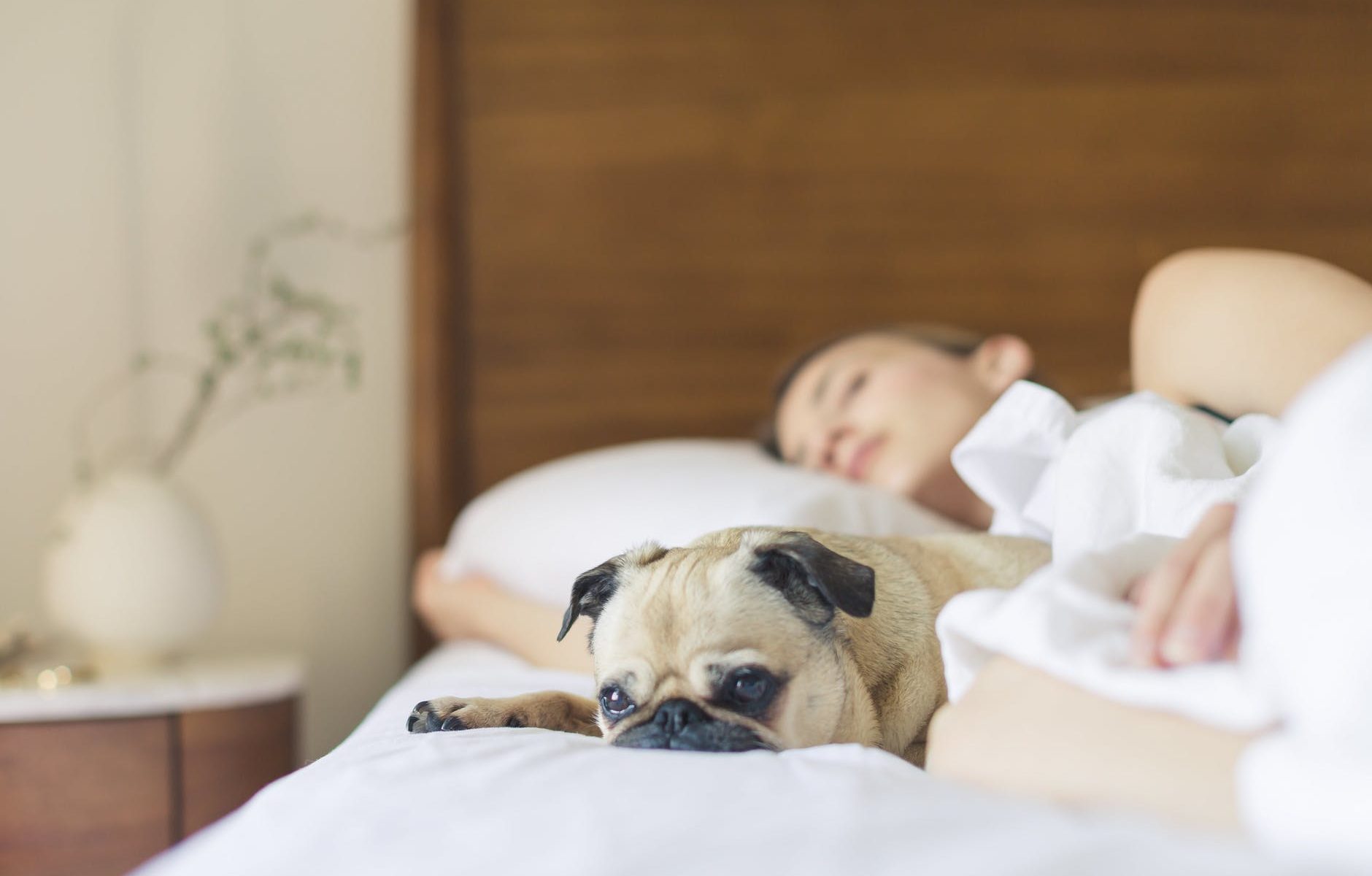
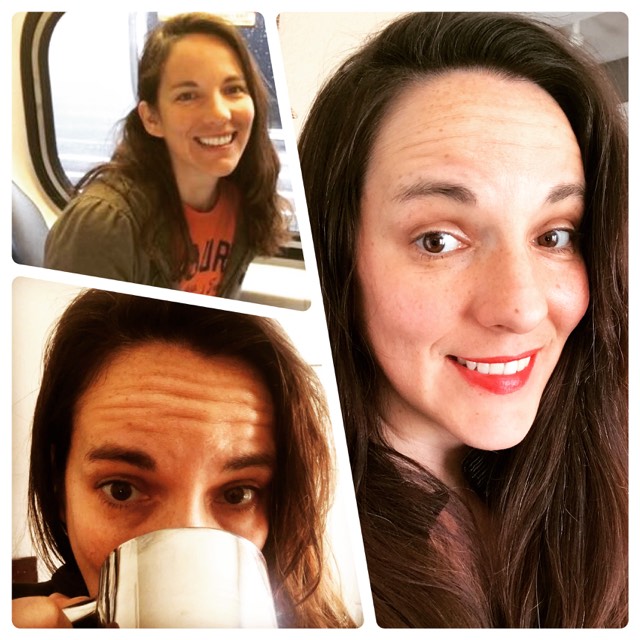 For years, I bounced from shampoo to shampoo, looking for natural products that would make my hair healthy, shiny, thick, smooth and manageable. I tried everything I could find: online, at the health food stores, and even in salons. Nothing ever worked for me: my hair was thin, fine, frizzy, flat, weak and pathetic. It was very frustrating.
For years, I bounced from shampoo to shampoo, looking for natural products that would make my hair healthy, shiny, thick, smooth and manageable. I tried everything I could find: online, at the health food stores, and even in salons. Nothing ever worked for me: my hair was thin, fine, frizzy, flat, weak and pathetic. It was very frustrating. 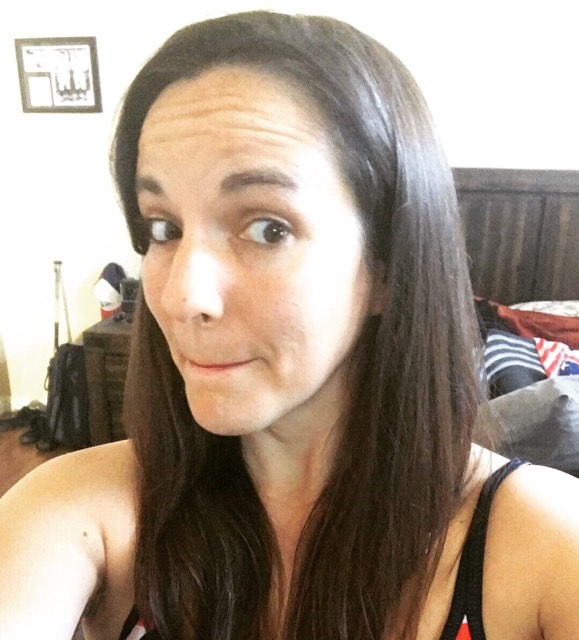 Full disclosure
Full disclosure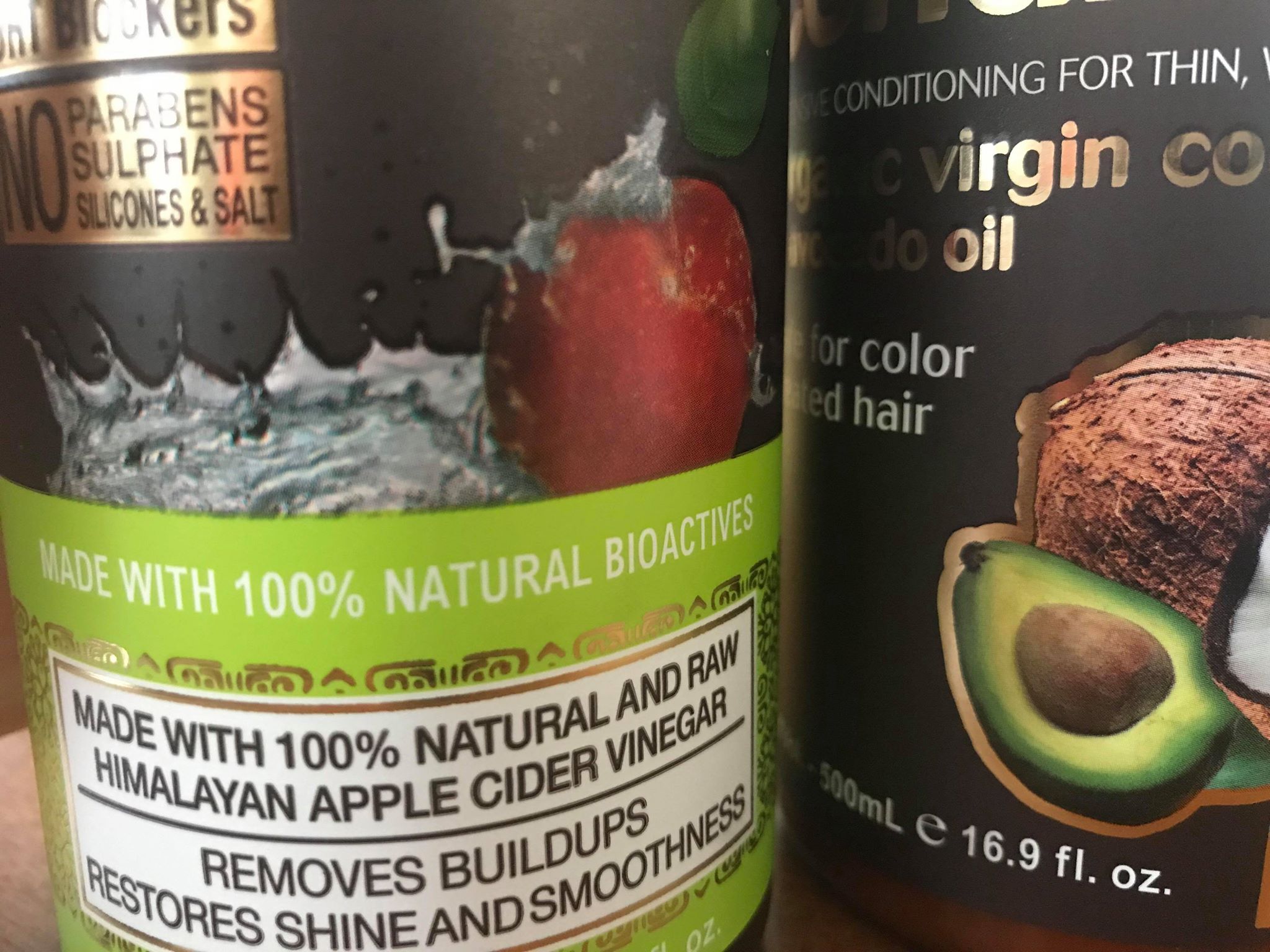 I also had to look at the ingredients. I have become somewhat of a shampoo ingredient guru over the past 20 months with countless hours of research under my belt, and I can recognize the main offenders of toxicity and build-up in hair care products pretty quickly.
I also had to look at the ingredients. I have become somewhat of a shampoo ingredient guru over the past 20 months with countless hours of research under my belt, and I can recognize the main offenders of toxicity and build-up in hair care products pretty quickly. 
 As it contains petroleum derivatives, that already makes it less than ideal from an ecological standpoint (as well as a health one). The bottles do have a “1” plastic recycle code, which means they are recyclable. Hooray! But the fact that they are less concentrated means they use more plastic than necessary, and more bottles need to be used and recycled than if it were more concentrated. So overall, not terribly impressed with the eco-footprint, especially combined with the fact that it is made in India and shipped to me across the world, containing mostly water.
As it contains petroleum derivatives, that already makes it less than ideal from an ecological standpoint (as well as a health one). The bottles do have a “1” plastic recycle code, which means they are recyclable. Hooray! But the fact that they are less concentrated means they use more plastic than necessary, and more bottles need to be used and recycled than if it were more concentrated. So overall, not terribly impressed with the eco-footprint, especially combined with the fact that it is made in India and shipped to me across the world, containing mostly water. 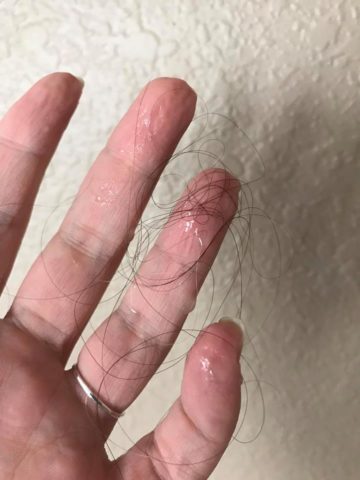
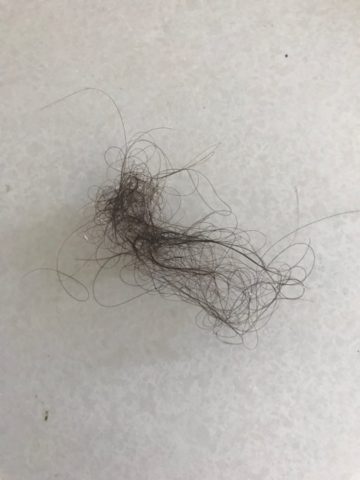
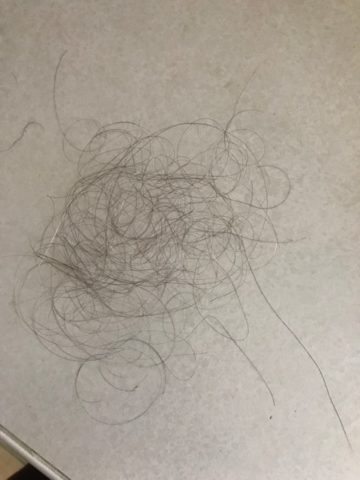



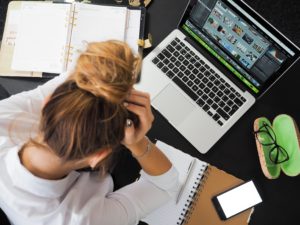 The frustration is real, but if you consider a few simple factors, you will see that true, substantial residual income is not only possible, it’s attainable by anyone: even you and me!
The frustration is real, but if you consider a few simple factors, you will see that true, substantial residual income is not only possible, it’s attainable by anyone: even you and me!
 You have the cleanest make-up around? That’s amazing! How many other companies offer organic make-up and skin care? (Also, not everyone wears make-up. Your audience is limited to women, and then only some of them use make-up often if at all).
You have the cleanest make-up around? That’s amazing! How many other companies offer organic make-up and skin care? (Also, not everyone wears make-up. Your audience is limited to women, and then only some of them use make-up often if at all).


 While selling something like hair clips or jewelry is fun, every time you want to sell more, you have to find more customers, and sell more.
While selling something like hair clips or jewelry is fun, every time you want to sell more, you have to find more customers, and sell more. It’s great to find a company that not only pays commissions on personal sales, but also incentivizes building a team. This way you can earn commissions on all of the people on your team, not just your customers.
It’s great to find a company that not only pays commissions on personal sales, but also incentivizes building a team. This way you can earn commissions on all of the people on your team, not just your customers. Do you like these people?
Do you like these people?

 Billboard ads, TV commercials, radio spots, Internet banner ads, etc.
Billboard ads, TV commercials, radio spots, Internet banner ads, etc. Better for them, and better for us.
Better for them, and better for us. I work with a couple of companies, and of course I’ve applied all of the above criteria to each of them. That being said, if I come across products I really want to try and I can get a wholesale discount by signing up as a distributor, I usually do it: because
I work with a couple of companies, and of course I’ve applied all of the above criteria to each of them. That being said, if I come across products I really want to try and I can get a wholesale discount by signing up as a distributor, I usually do it: because 